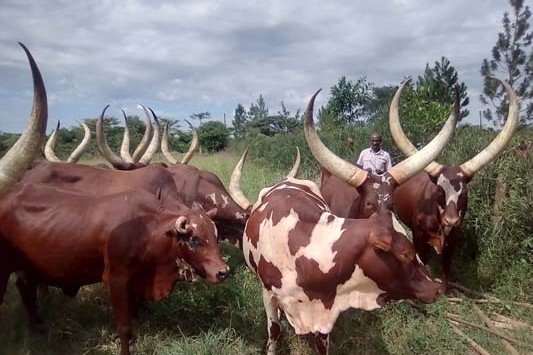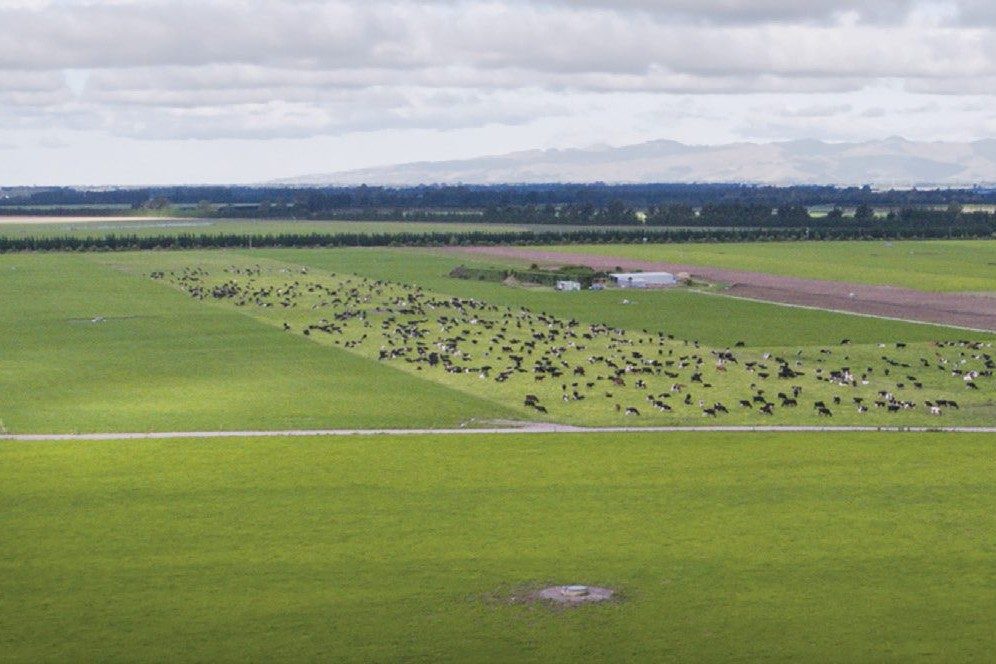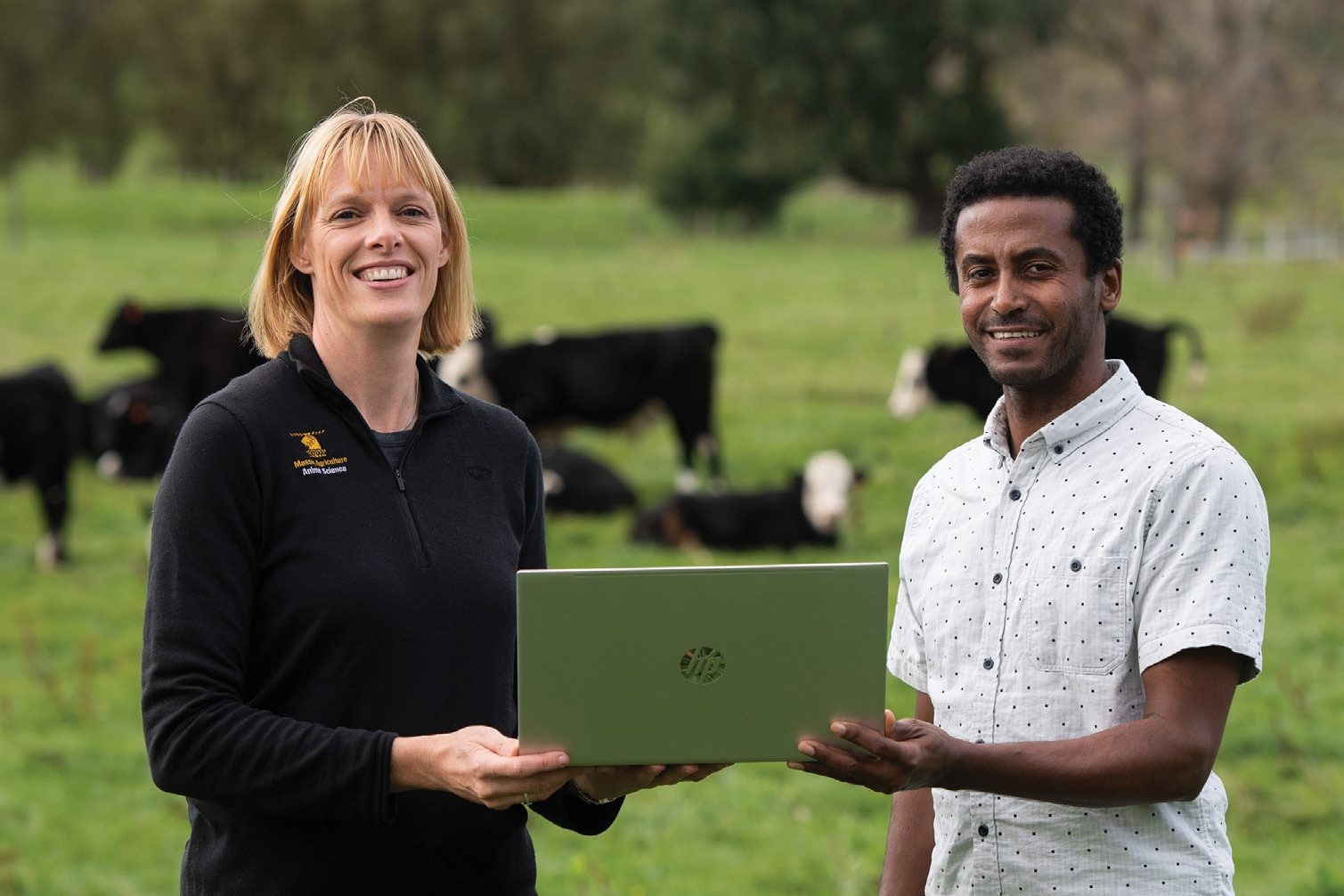By Sjoerd Hofstee
FrieslandCampina, one of Europe’s largest dairy co-ops, has been struggling to make a profit for three years in a row. But in recent months it has been less about the company and more about the co-operative. The chairman resigned three months after taking office, to be replaced by a veteran.
The results at FrieslandCampina have been disappointing for several years now. This year, too, the management is again struggling to turn a profit. However, members need not worry about the company’s financial stability, the chief executive and chief finance officer recently emphasised in a specially scheduled webinar.
Only the return on invested capital is much lower than hoped; an inheritance from around 2015. Then, large expensive factories were built that are now not being used properly due to less milk supply (see table).
The disappointing results naturally cause irritation among dairy farmers. But there is clearly more going on. Last year, the Members’ Council approved the board’s proposal to overhaul the co-operative’s entire financing system. In short: all milk supplied must be matched by €8 ($NZ13) per 100kg of milk.
FrieslandCampina had not arranged this in such a way in recent years because many former members left their capital (partly) in the co-op. Now these are slowly but surely disappearing, many (young) farmers are obliged to invest more money in their co-op in order to be able to supply milk.
Another delicate issue is the requirement of the dairy company for farmers to produce more sustainably and to meet the demands of customers such as Unilever, Nestlé and Danone. Many member dairy farmers are extremely annoyed by the increasing regulatory pressure and interference from their own dairy co-operative.
Last December, a critical dairy farmer and member joined the central board. He resigned again after eight months. Subsequent debate saw co-operative chairman Erwin Wunnekink also leave, just three months after taking up this position.
Behind the scenes, on top of the irritation about the mediocre results and interference, a major battle was going on about how the co-op and company should be managed.
One camp wants to look over the shoulder of the management and help make decisions. Other (main) board members stated that this way of managing absolutely cannot and should not be done. The board must control the management, but certainly not dictate how they should do their work from day to day.
This internal struggle shows how emotions and contradictions can arise if the financial results are disappointing over a long time. But it also exposes an important question for large dairy co-operatives worldwide such as Arla, DMK and Fonterra to consider again and again: who has which responsibility within the company and the co-op and how do you, as directors and member dairy farmers, get along when things don’t go well for a while? FrieslandCampina has set an example of what not to do.
And now Sybren Attema, who from FrieslandFoods helped set up the merger with Campina to form FrieslandCampina in 2008 as chairman at the time, can once again hold sway.
Attema is younger than Joe Biden, who became president of the United States at almost 80 years old, but is also retired and no longer an active dairy farmer. However, the relationships between members, members’ council and central management have deteriorated to such an extent, an old-timer has stepped in to restore peace. It’s not a situation to be jealous of.
- Sjoerd Hofstee is a dairy journalist at Persbureau Langs de melkweg, Netherlands.





